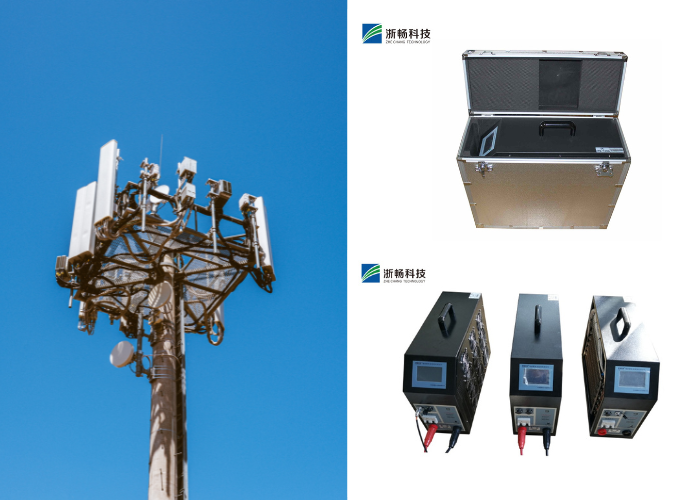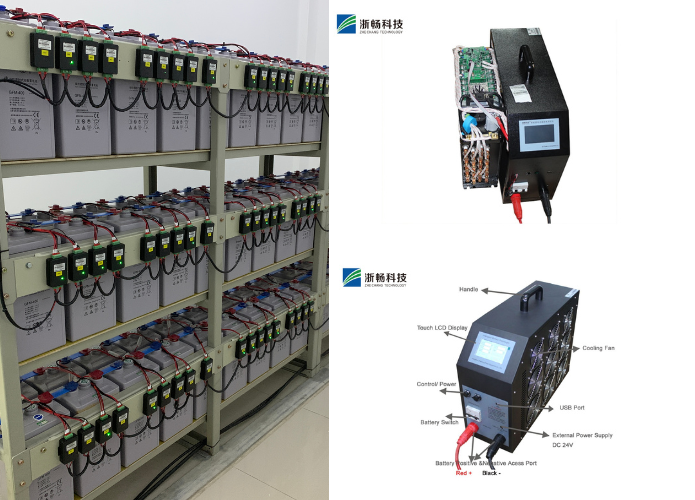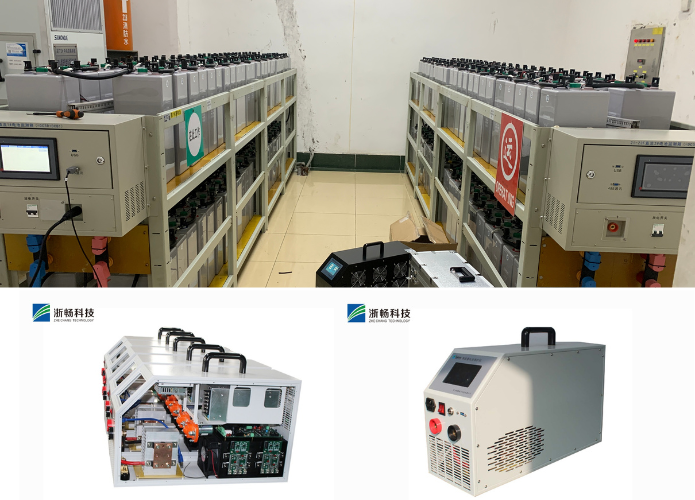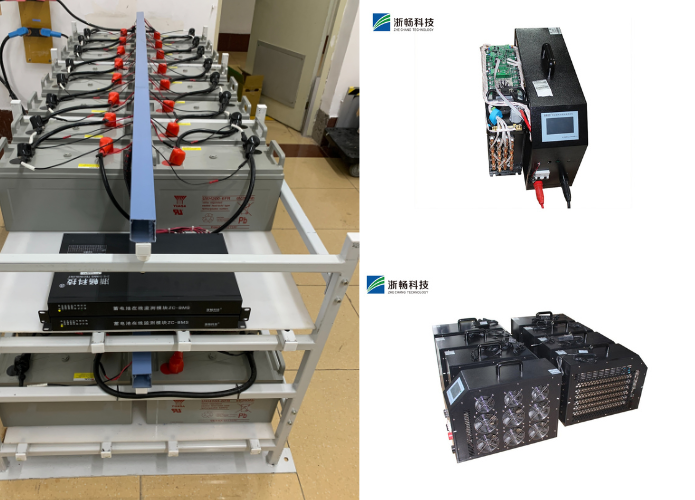How to Use a 12V Battery Checker for Accurate Diagnostics
Batteries are an integral part of modern life, powering everything from our cars to our solar systems and personal electronics. While batteries are built to last, their efficiency can degrade over time due to a variety of factors, including age, temperature fluctuations, and improper maintenance. Fortunately, a 12V battery checker offers an efficient and effective solution to monitor and diagnose battery health before it leads to an unexpected failure.
In this blog, we will dive deep into how to use a 12V battery checker for accurate diagnostics. You’ll learn why it’s a crucial tool for maintaining your batteries, how to use it properly, and how to interpret the results. By the end, you’ll understand how to maximize the life of your 12-volt batteries and avoid unnecessary replacement costs.
Understanding the Importance of Battery Diagnostics
Batteries are often taken for granted until they fail, leaving you stranded or facing a costly repair. The reality is that batteries degrade over time, and many factors can affect their performance, including the following:
1. Battery Wear and Tear
Every time a battery is used, it undergoes a charge and discharge cycle, which can gradually reduce its ability to hold a charge. This is especially true for lead-acid and AGM (Absorbent Glass Mat) batteries, which are commonly used in vehicles, RVs, and boats. Over time, these cycles can cause the internal components of the battery to degrade, leading to a drop in voltage and performance.
2. Extreme Temperatures
Extreme heat or cold can have a significant impact on a battery’s performance. High temperatures can cause the battery to overcharge, which can shorten its lifespan, while cold temperatures can cause the battery to discharge more quickly. Regularly checking the health of your battery using a 12V battery checker can help you catch these issues early, preventing a sudden failure when you need the battery most.
3. Poor Maintenance Practices
Neglecting to check and maintain the battery terminals, keeping them clean and free of corrosion, can result in poor battery performance. Similarly, undercharging or overcharging a battery can cause damage that will affect its longevity. Using a 12V battery checker allows you to monitor your battery’s charge level and condition, ensuring that it stays within the optimal range.
4. Environmental Factors
For those using batteries in off-grid systems, such as solar power setups or backup power systems, environmental factors like humidity and dust can also impact battery performance. Regular testing with a 12 volt battery checker can help detect any degradation due to these environmental conditions.

What is a 12V Battery Checker?
A 12V battery checker is a specialized tool designed to measure the voltage output of 12-volt batteries, which are commonly used in cars, motorcycles, RVs, and other vehicles. These checkers are easy to use and provide quick readings of the battery’s health by testing its voltage level. The results help users determine whether a battery is fully charged, undercharged, or in need of replacement.
How Does a 12V Battery Checker Work?
A 12V battery checker works by connecting two leads—one to the positive terminal of the battery and the other to the negative terminal. It measures the electrical potential difference between the two terminals, which is a direct indicator of the battery’s voltage. The voltage reading can help diagnose the condition of the battery.
Many modern 12 volt battery checkers also come equipped with features like digital displays, color-coded indicators, and load testing, allowing users to get a comprehensive diagnosis of their battery’s condition.
Types of 12V Battery Checkers
- Analog Battery Checkers: These checkers use a dial to indicate the battery’s voltage. They are simple, cost-effective, and can provide a rough estimate of battery health.
- Digital Battery Checkers: These provide a precise digital reading of the battery’s voltage and may include additional diagnostic features such as load testing and charging system checks.
- Advanced Battery Testers: These checkers often include more sophisticated features, such as testing the battery under load (when it’s in use), checking the charging system’s performance, and offering detailed diagnostic reports.
Why You Need a 12V Battery Checker
Using a 12V battery checker is one of the best ways to ensure that your 12-volt batteries are in optimal condition. Regular diagnostics with this tool offer several advantages:
1. Prevents Unexpected Failures
A 12V battery checker allows you to test your battery’s health before it fails. For example, a car battery might seem fine when you start the engine, but a 12 volt battery checker can reveal that the battery is not holding enough charge, which could lead to a dead battery at the worst possible time. By testing your battery regularly, you can avoid these unexpected failures.
2. Saves Money on Replacements
Replacing a battery before it fails completely is much more affordable than waiting until it completely drains and causes additional damage. A 12 volt battery checker helps you identify batteries that are close to the end of their life, allowing you to replace them proactively, saving you from the costs associated with unexpected battery failures or vehicle breakdowns.
3. Enhances Battery Life
Regular testing with a 12V battery checker can help extend the lifespan of your battery. By ensuring that the battery is charged correctly and is not overcharged or undercharged, you can keep the battery in peak condition for a longer period of time. This regular maintenance prevents wear and tear that can lead to premature battery failure.
4. Easy to Use
Unlike complex diagnostic tools that require specialized knowledge, a 12V battery checker is incredibly user-friendly. Most models are designed for quick and simple use, even for those with no technical experience. The device provides immediate results, allowing you to make decisions about your battery’s health without delay.
How to Use a 12V Battery Checker
Using a 12 volt battery checker is straightforward. Follow these simple steps to ensure that you get an accurate reading of your battery’s health:
Step 1: Turn Off the Vehicle or Device
Before testing your battery, make sure that the vehicle or device is powered off. This ensures that the voltage reading reflects the battery’s true state and isn’t influenced by any electrical load from the device or vehicle.
Step 2: Connect the Checker to the Battery
Your 12V battery checker will have two leads: a red (positive) lead and a black (negative) lead. First, connect the red lead to the positive terminal of the battery (marked with a "+" symbol). Then, connect the black lead to the negative terminal (marked with a "-" symbol). It’s crucial to make sure the connections are secure to get an accurate reading.
Step 3: Check the Display
Once the leads are properly connected, check the display on the 12 volt battery checker. Most devices will display the voltage reading digitally, while others may use color-coded indicators (such as green, yellow, or red) to show the battery’s health.
- 12.6V or higher: This indicates that the battery is fully charged and in good condition.
- 12.4V to 12.6V: The battery is moderately charged and should be fine for normal use but may need a recharge soon.
- 12.0V to 12.4V: The battery is undercharged and might be losing its charge capacity. It’s time to recharge or consider replacing the battery.
- Below 12.0V: This is a sign that the battery is failing and may need to be replaced soon.
Step 4: Interpret the Results
Once you have the voltage reading, it’s time to assess the battery’s health. A 12V battery checker will help you determine whether the battery is in good condition, undercharged, or in need of replacement. If the voltage is low, you may want to recharge the battery or have it replaced if it no longer holds a charge.
Some 12 volt battery checkers offer additional diagnostic features, such as load testing, which allows you to test how the battery performs under a load (i.e., when it’s being used). This is especially useful for automotive and marine batteries.
Common Issues Diagnosed with a 12V Battery Checker
Regular testing with a 12 volt battery checker can help you identify several common issues:
1. Low Voltage
A low voltage reading indicates that the battery is undercharged or may be losing its ability to retain a charge. This is common in older batteries and those exposed to extreme temperatures.
2. Overcharging
If the battery is reading a voltage that’s higher than normal, it may indicate that it’s being overcharged. Overcharging can damage the battery and reduce its lifespan, so it’s essential to monitor and adjust the charging system as needed.
3. Battery Wear and Tear
If your 12V battery checker shows a steady decline in voltage over time, it may be a sign that the battery is worn out and no longer holding a sufficient charge. In this case, replacing the battery may be necessary.
4. Charging System Issues
If the voltage is low and the battery is in good condition, the problem could be with the charging system (e.g., the alternator in a car). A 12 volt battery checker can help you diagnose issues with the charging system, ensuring that the battery is receiving the proper charge.

Choosing the Right 12V Battery Checker
When selecting a 12 volt battery checker, consider the following factors to ensure you choose the best tool for your needs:
- Accuracy: Choose a model that provides precise voltage readings. Digital models are typically more accurate than analog ones.
- Compatibility: Ensure the checker is compatible with the type of 12-volt battery you’re testing, whether it’s a lead-acid, AGM, or gel battery.
- Additional Features: Some 12V battery checkers offer load testing and charging system diagnostics, which can provide a more detailed analysis of the battery’s health.
- Ease of Use: Opt for a model that’s simple to operate, especially if you’re not familiar with battery testing.
Conclusion
A 12V battery checker is an invaluable tool for maintaining the health and longevity of your 12-volt batteries. By regularly testing your battery’s voltage, you can identify potential issues early and take the necessary steps to prevent battery failure. Whether you’re using it for automotive, RV, or solar systems, a 12 volt battery checker ensures that your battery is always ready when you need it. Don’t wait for a battery failure—invest in a 12V battery checker today and take charge of your battery maintenance.
Popular Battery Tester
Popular Battery Tester
Latest News
Latest News


Get Price of Battery Tester
Get Price of Battery Tester
Address:
Floor 3, Building 1, No.1418-60, Moganshan road, Hangzhou city, Zhejiang Province, China.310015

















































